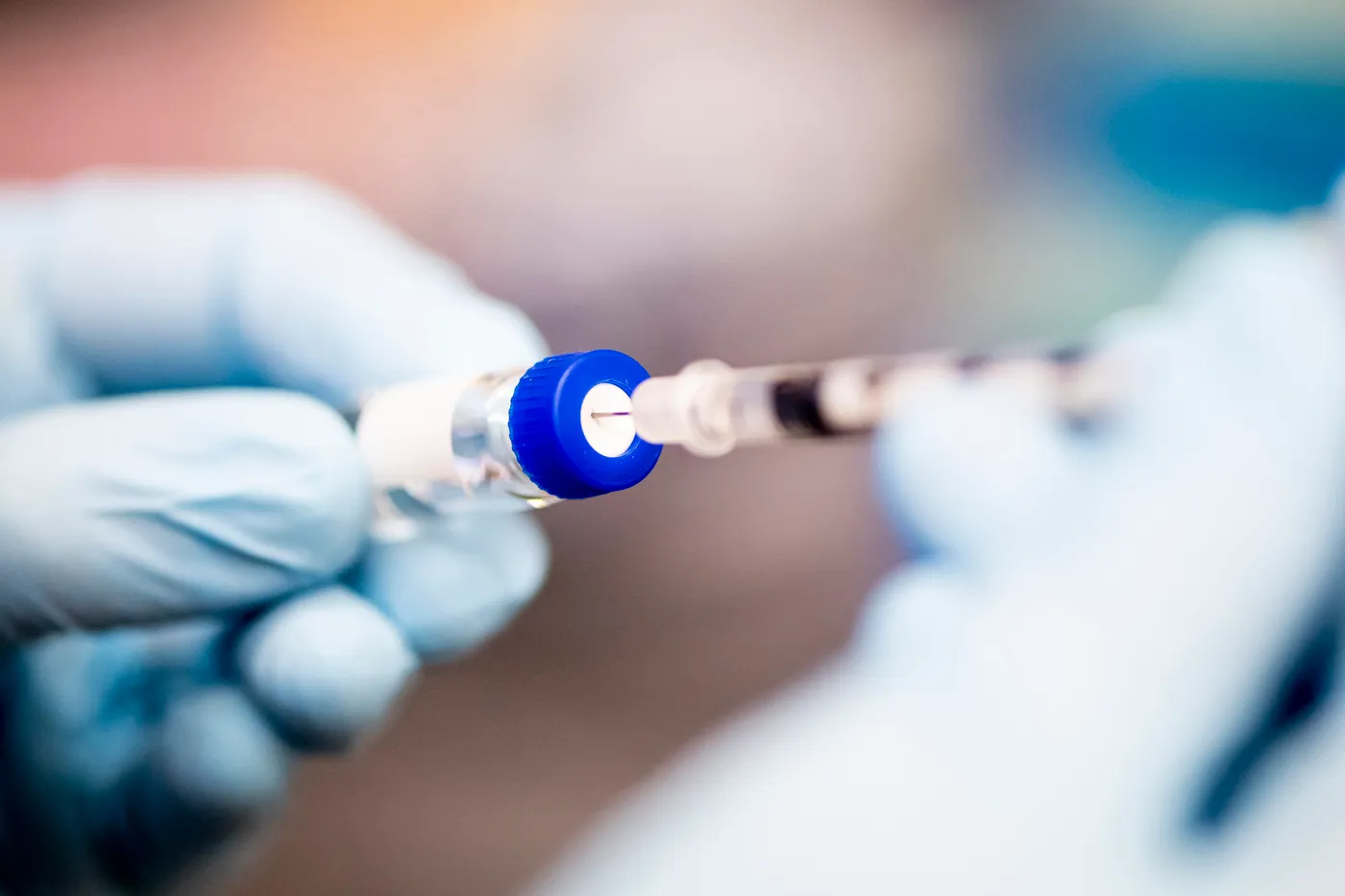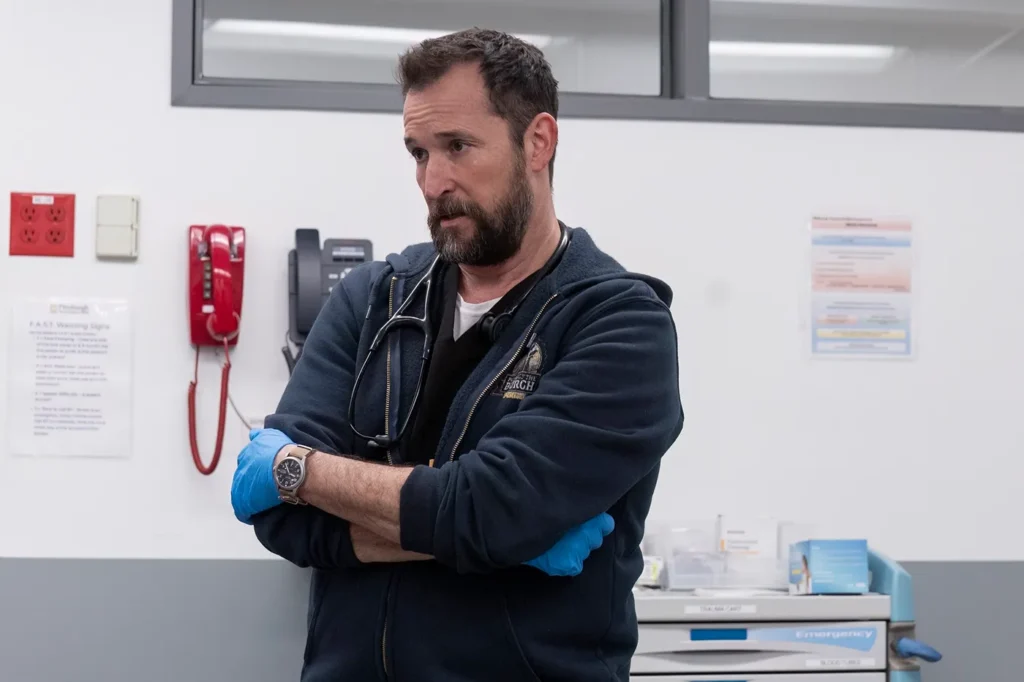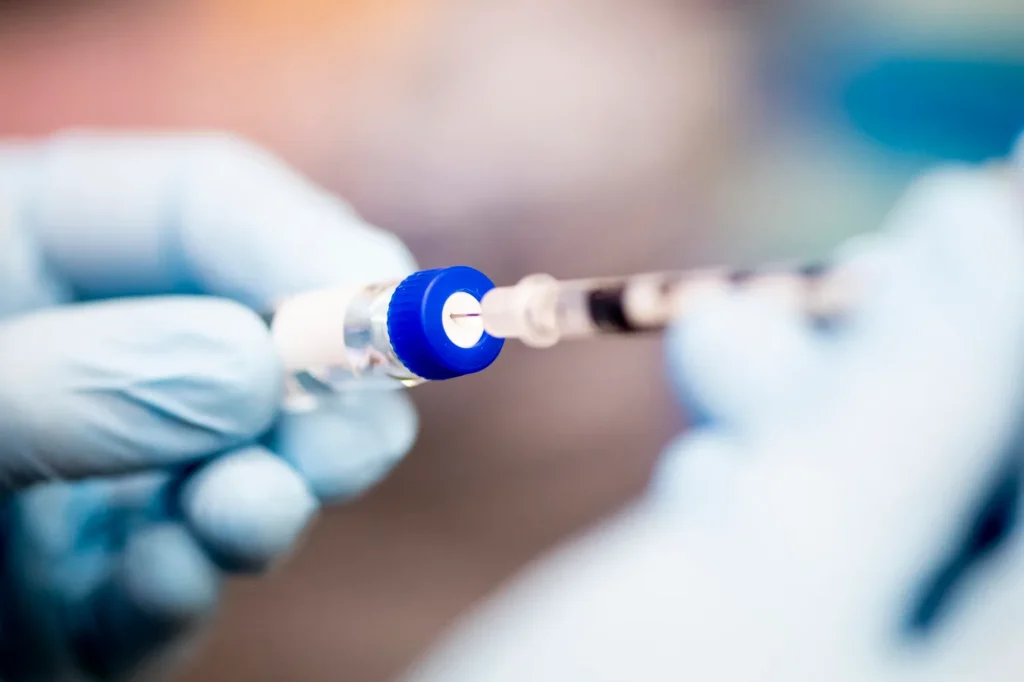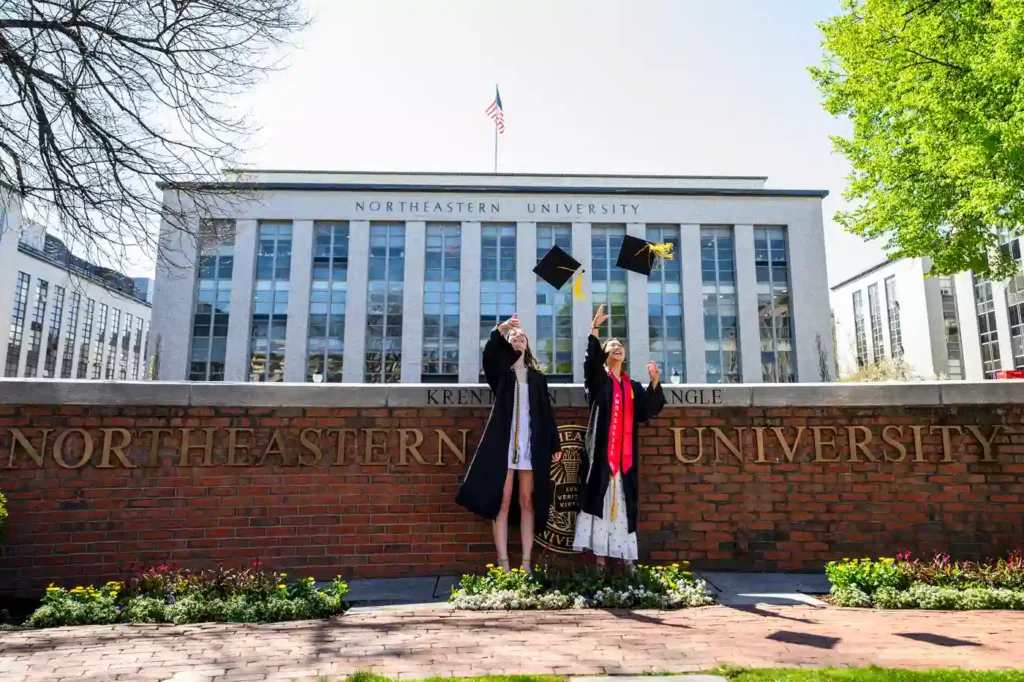The U.S. Health and Human Services Department says it will require placebo testing of “all new vaccines,” raising questions about the rollout of updated COVID-19 vaccines and other vaccines.
In a statement to the Washington Post, the agency headed by Robert F. Kennedy Jr. called the new requirement “a radical departure from past practices.”
Northeastern Global News talked to Mansoor Amiji, university distinguished professor of pharmaceutical sciences, about what the shift in vaccine policy could mean for people who want to be vaccinated against the most recent variants of COVID-19 and other diseases.
Amiji also spoke about the promise of the administration’s push for a universal vaccine for influenza and COVID.
What is a placebo trial and could the new requirement slow down the rollout of new vaccines?
What the HHS is now saying is that any time a new vaccine needs to be approved, or even different versions of an existing vaccine, we need to do a placebo-controlled trial.
What that means is we have to generate data from trials where half of the individuals receive a saline solution — the placebo — and the other half receive the actual vaccine.
The goal is to make the safest vaccines possible. They are given to healthy people, so the margin for any kind of toxicity is very, very low.
But placebo trials can last for months or years.
When you’re making modifications, such as when you are only changing the mRNA sequence in the updated Covid-19 vaccine, we don’t need to accommodate that level of study because the safety has already been established.




